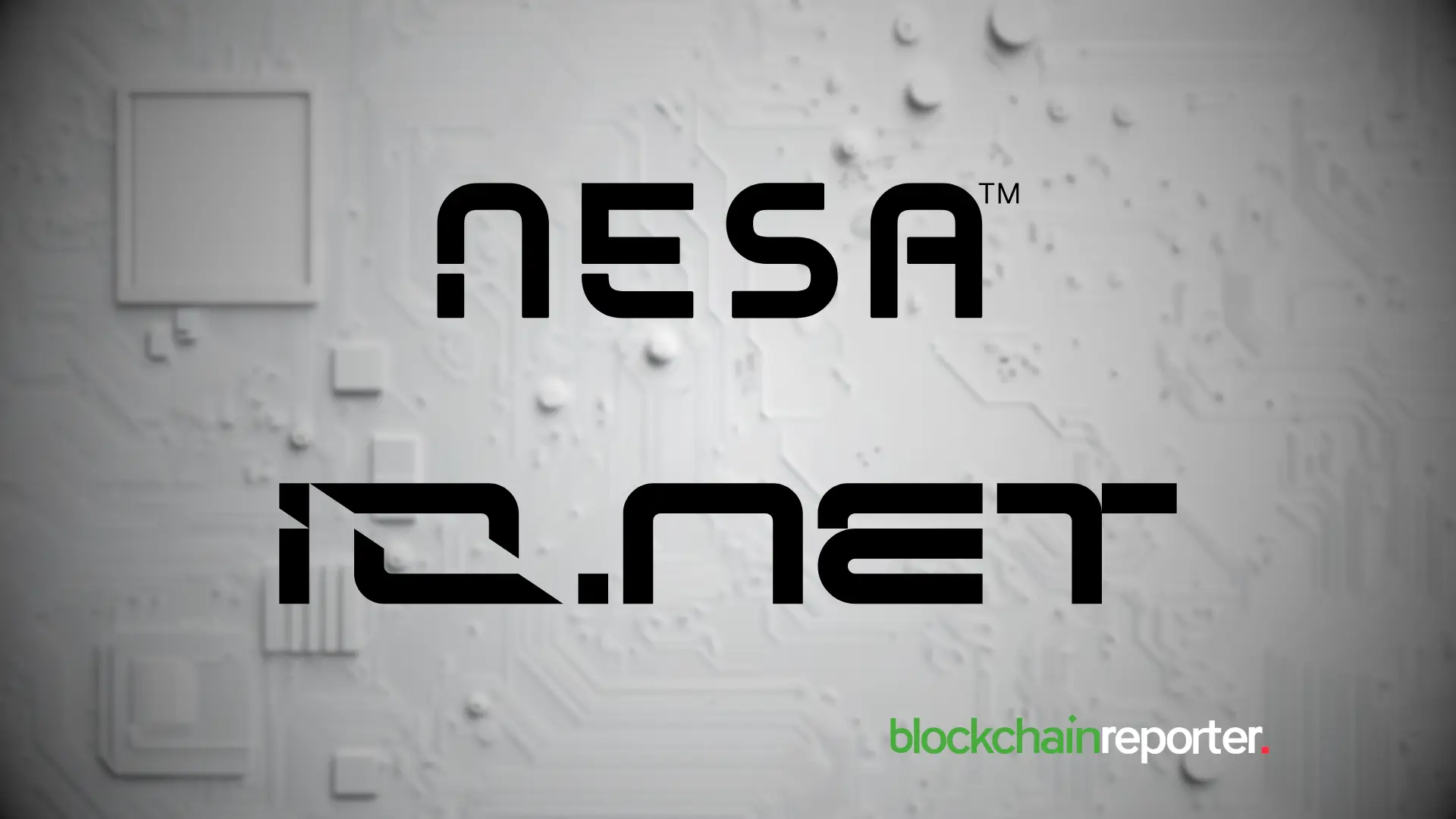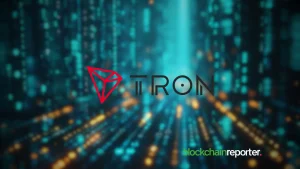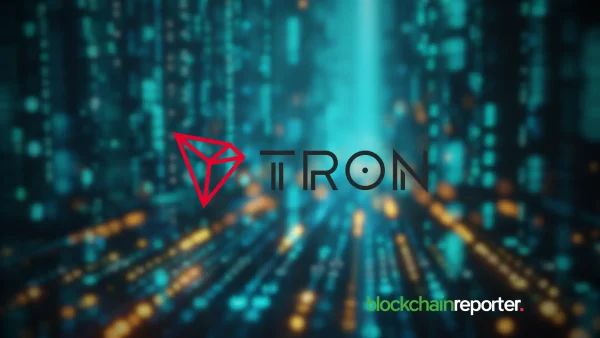
The strategic partnership between compute DePin io.net and AI-centric blockchain Nesa has gone from strength to strength since it was inked back in April. That’s according to an announcement put out by the respective companies today.
The compute network, which manages on-demand decentralized GPU clusters through what it calls the ‘Internet of GPUs’, has been supporting the Layer-1 in the latter’s bid to bring AI on-chain. In order to achieve this aim, Nesa relies on powerful compute capacity, much of it supplied by io.net‘s decentralized physical infrastructure network.
A Growing Partnership
Recently the partnership has kicked into higher gear with io.net‘s delivery of 48x A100 GPUs to support the chain – a number that’s expected to rise as AI inference usage on Nesa climbs.
Nvidia’s A100 chip professes to deliver “unprecedented acceleration at every scale” for AI data analytics and high-performance computing (HPC). As such, the announcement is a major win for the applications, protocols, and smart contracts integrating with AI via Nesa.
A lightweight Layer-1 incubated by Binance MVB, Nesa is conceived as a Web3 alternative to centralized inference platforms like ChatGPT, executing AI inference on queries that require a high degree of privacy, security, and trust. The blockchain is the first to put over 1,000 AI models on-chain, assembling a repository that encourages the community to expand upon the available tools.
“It has been a real pleasure to help support Nesa’s growth while delivering value to our own users,” said Tausif Ahmed, VP of Business Development at io.net. “Like us, the Nesa team understands the importance of democratizing access to high-performance computing resources and accelerating AI innovation.”
Nesa CEO Patrick Colangelo, meanwhile, hailed the DePIN’s support, saying its provision of GPUs has enabled Nesa to “push the boundaries of what’s possible in decentralized AI.”
Decentralizing AI
The decentralized AI to which Colangelo refers is a major point of convergence for the partners: Nesa’s decentralized inference process enables a trustless environment where AI computations can be performed transparently and reliably on the blockchain. As for io.net, its decentralized GPU network delivers the juice that compute-thirsty AI/ML applications depend on to operate.
The power wielded by dominant AI players like OpenAI and Google has shone a spotlight on decentralized alternatives, io.net and Nesa among them. Managing AI models in a transparent and ethical fashion is now seen by many to be morally imperative, lest AI propagate entrenched biases, political or otherwise.
It has been a banner year for both companies, with io.net raising $40 million from investors across two private rounds as it sets about disrupting the cloud computing market. Nesa, for its part, has secured a raft of partnerships including with projects like Elfin Games, Upton Finance, Chainbase and PredX. It has also been named as one of the sponsors of the upcoming DePIN Summit at TOKEN2049 in Singapore.









